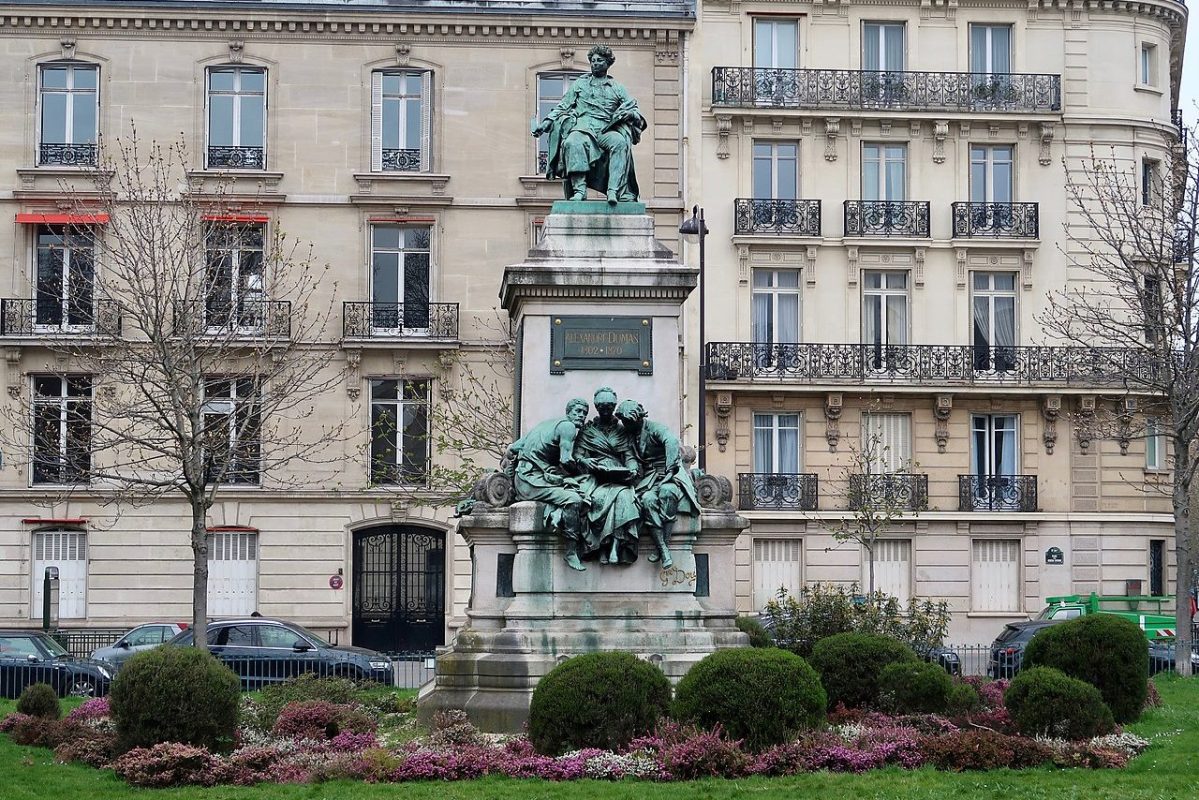If you think about the works of French novelist Alexandre Dumas, the first thing likely to come to mind is a tale of heroism, swordfighting and thrilling action. There’s a reason books like The Three Musketeers have endured over the years, after all. But it’s another of Dumas’s more famous works — The Count of Monte Cristo — that may have the most intriguing of origin stories.
In a new article at Vox, Constance Grady explores the origins of this particular novel, which line up with elements of Dumas’s own history. The novel focuses on Edmond Dantès, who is betrayed and imprisoned by his friends; he later escapes, makes a fortune and seeks his revenge.
As Grady writes, there are more than a few parallels between the fictional Dantès and the French general Alex Dumas — Alexandre’s father. The elder Dumas is a fascinating figure; Tom Reiss’s biography of him, The Black Count, won the Pulitzer Prize.
The elder Dumas was born in Haiti; his father was a white French nobleman, while his mother was living in slavery. He moved to France, joined the army and quickly gained in both rank and reputation around the time of the Revolution.
Unfortunately, this alarmed another charismatic and ambitious military leader who was one of Dumas’s contemporaries: Napoleon. Napoleon was worried by Dumas, and when Dumas became a prisoner of war — which, in turn, had adverse physical and mental effects on him — Napoleon was in no hurry to seek his release.
Knowing that certainly puts a different spin on The Count of Monte Cristo — which can be read as a son writing a better ending for his father than the one life had in store for him.
Subscribe here for our free daily newsletter.
Thanks for reading InsideHook. Sign up for our daily newsletter and be in the know.















